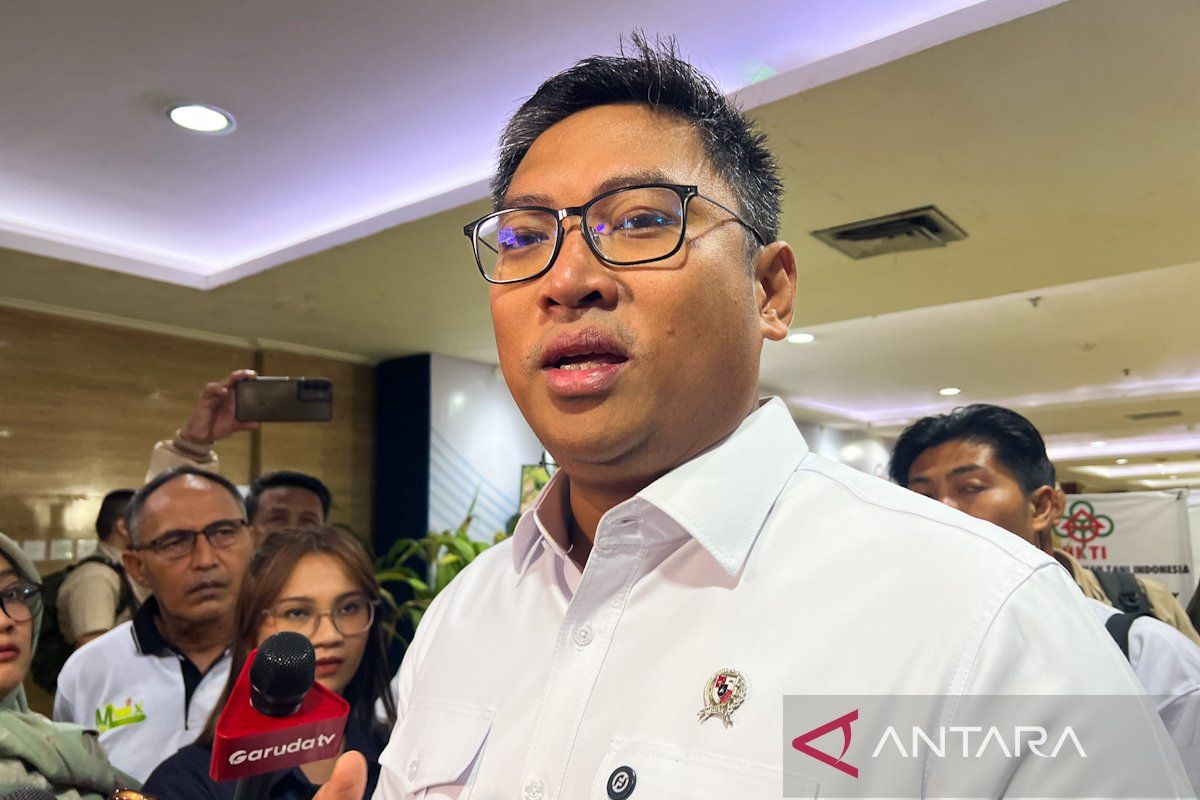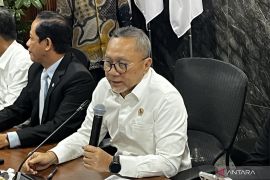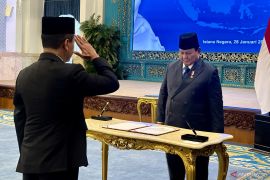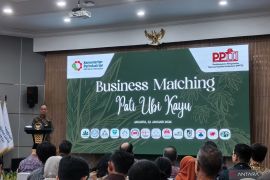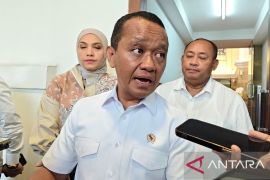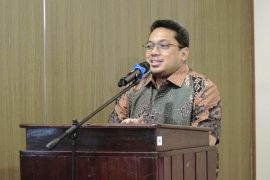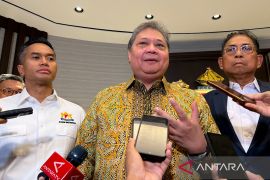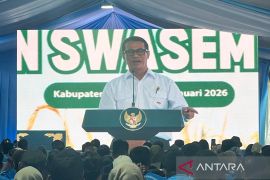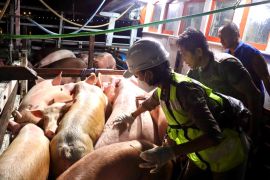According to Sudaryono, the policy would not be detrimental to local farmers since live cattle imports can increase the broodstock and support national beef self-sufficiency.
“The goal of the Indonesian government is to increase the population of live cattle,” he told the press after the closing of the Indonesian Farmers Association's (HKTI's) 2025 National Conference in Jakarta on Thursday.
He further said that farmers could incur losses if Indonesia continues to import beef in large quantities because that could kill off local livestock businesses and deflate market prices.
The deputy minister explained that the government’s live cattle import policy is aimed at strengthening the livestock ecosystem and ensuring food security in the long term.
The Indonesian Dairy Cattle Farmers Association (APSPI) has expressed support for the elimination of import quotas for live cattle, especially dairy cattle, to support national milk production.
“Our country still relies 80 percent on imported milk. To tackle it, we must import as many breeding cows as possible,” APSPI chairperson Agus Warsito told ANTARA here on Thursday.
However, he asked the government to create supporting regulations that can enable farmers’ access to low-interest People’s Business Credit (KUR).
The government has removed import quotas for all types of live cattle, including beef cattle, feeder cattle, and dairy cattle.
The policy has been implemented as a strategic step to secure beef and milk availability, while strengthening national food security.
With the implementation of the policy, business players can now import live cattle freely without quota restrictions, Coordinating Minister for Food, Zulkifli Hasan, said in Jakarta on Wednesday.
Indonesia is planning to import up to 2 million live cattle by 2029 to meet increasing domestic demand for beef and milk.
Related news: Australia awaits decision on cow import quota from Indonesia
Translator: Muhammad Harianto, Raka Adji
Editor: Rahmad Nasution
Copyright © ANTARA 2025
